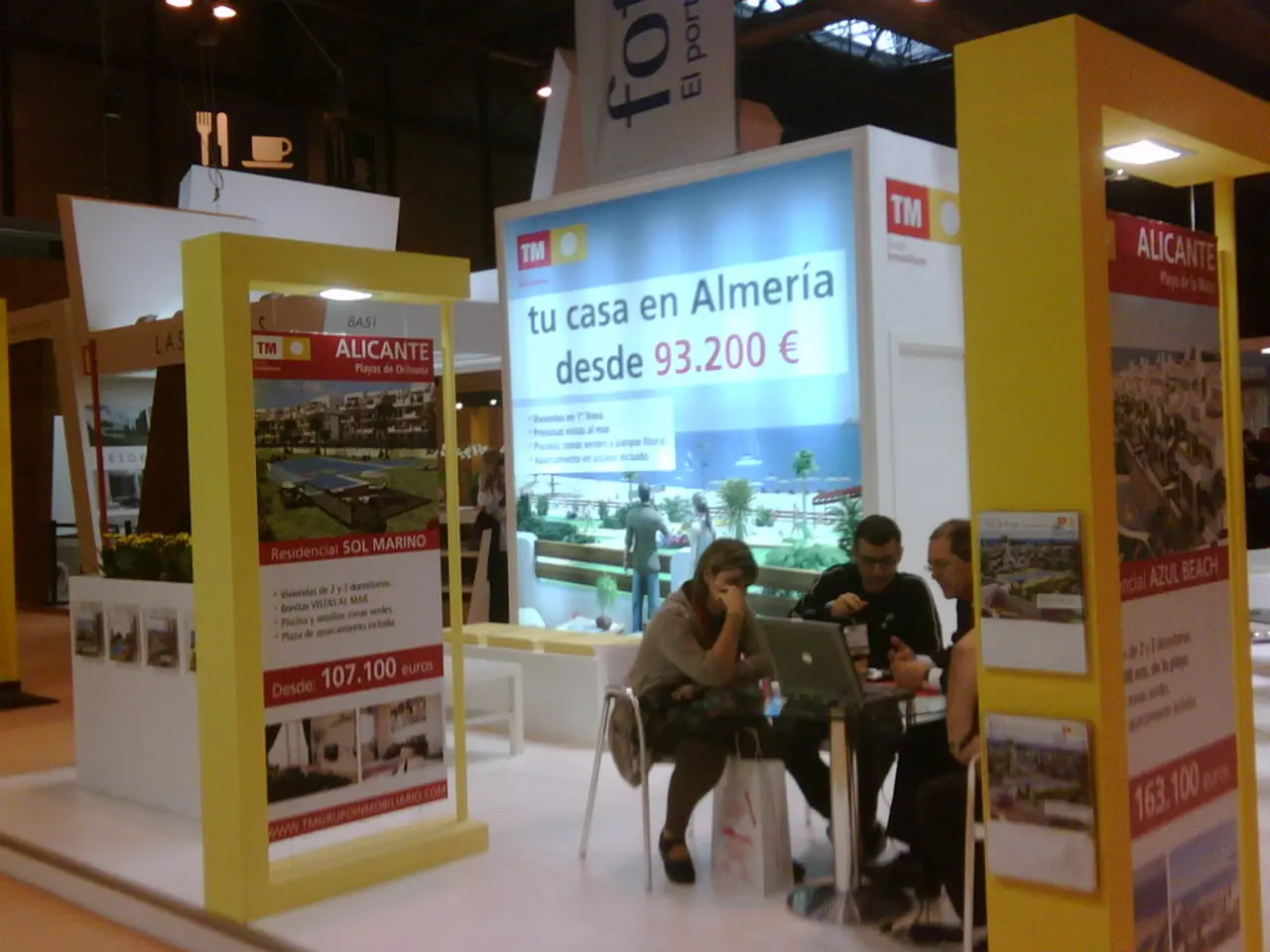Dusseldorf Oberbilk: Khalifa Zariouh Correspondence to Racist Residents of Schildbürger Community
## Khalifa Zariouh's Open Letter Sparks Change in Düsseldorf's Ellerstraße Neighborhood
### Background
Khalifa Zariouh, a long-time resident of Düsseldorf and active community member, penned an open letter addressing the persistent issue of racism and discrimination in the Ellerstraße neighborhood. This vibrant, diverse area has recently faced concerns over racial profiling, xenophobic remarks, and exclusionary behavior.
- **Context:** The letter was penned in response to a series of troubling incidents, including verbal abuse and racial profiling by some local businesses and individuals. Residents reported feeling unsafe and marginalized in their own community. - **Motivation:** Zariouh aimed to raise public awareness and call for concrete actions from local authorities, business owners, and community leaders to foster a more inclusive and respectful environment. - **Main themes of the letter:** - Condemnation of overt and subtle racism. - The importance of solidarity among Düsseldorf’s multicultural population. - A call for educational programs on diversity and anti-racism. - Demands for improved policing and monitoring to prevent racial discrimination. - Encouragement for dialogue between different community groups.
### Summary of the Open Letter
Zariouh’s letter is heartfelt and direct, emphasizing that racism not only harms individuals but also fractures the social fabric of the neighborhood. He highlights personal stories and testimonies collected from affected residents, urging a community-wide reflection on the impact of intolerance. The letter gained significant attention both locally and nationally, sparking conversations in media outlets and social platforms.
### Further Developments
#### Community Response
- **Local Government:** The Düsseldorf city council acknowledged the letter publicly. A task force was established to investigate the incidents and recommend actionable measures. - **Community Organizations:** Several NGOs and multicultural associations in Düsseldorf organized public forums and workshops focusing on anti-racism education inspired by the letter's message. - **Businesses on Ellerstraße:** Some local business owners issued statements condemning racism in their establishments and committed to diversity training for their staff.
#### Media Coverage
The open letter received widespread media coverage, leading to national discussions about racism in urban neighborhoods across Germany. It served as a catalyst for other communities to assess their own challenges with discrimination.
#### Policy Initiatives
- The Düsseldorf police department introduced enhanced sensitivity training to better address racial profiling concerns. - Municipal funding was allocated for cultural exchange programs and inclusive community events designed to build trust and understanding among residents.
#### Continuing Challenges
Despite progress, some residents and activists note that change is gradual and ongoing vigilance is necessary. Khalifa Zariouh continues to engage with stakeholders, advocating for sustained commitment to equity and respect.
#### Symbolic Recognition
A street sign in Arabic, labeled "Ellerstraße," has been put up in Düsseldorf, marking a symbolic recognition of the Moroccan community. This decision followed a controversial discussion, with some citizens covering the Ellerstraße street signs with signs labeled "Karl Martell Straße."
#### Discussion Invitation
An invitation for a discussion about freedom and dignity has been issued over mint tea, potentially at the Maghreb-May festival or Ellerstraße. The new street sign controversy has sparked a call for citizens to read the works of Friedrich Schiller, Yassin Adnan, and Goethe.
#### Historical Context
Thousands of Moroccans came to Düsseldorf between 1972 and 1973 as part of a recruitment agreement. Many of these Moroccans found temporary homes that later became their second and then first homes. Khalifa Zariouh, born in Morocco, has lived in Düsseldorf for over 51 years and worked as an ice master at the ice rink on Brehmstraße for over 30 years.
#### Controversial Decision
The new street sign controversy has led to a discussion about freedom and dignity. The quote on the new street sign is from Muley Hassan in Friedrich Schiller's "The Conspiracy of the Fiesco at Genoa," third act, fourth scene. The decision to put up the Arabic street sign was significant to Khalifa Zariouh, as he lived in a basement in the early years of his stay in Düsseldorf.
#### Festival Details
The Maghreb-May festival is scheduled for Saturday, May 20, 2023. Cafes in Ellerstraße typically close at night.
### Conclusion
Khalifa Zariouh’s open letter was a pivotal moment in addressing racism in the Ellerstraße neighborhood. It not only illuminated the experiences of marginalized groups but also mobilized a multifaceted response from government, civil society, and the private sector. While challenges remain, the letter has laid the groundwork for a more inclusive and equitable future for Düsseldorf’s diverse communities.
- Khalifa Zariouh's open letter advocated for a change in the lifestyle and relationships of Düsseldorf residents to foster a more inclusive society, addressing issues in the Ellerstraße neighborhood.
- The letter's motivations included a call for improved food-and-drink establishments to be more culturally sensitive and inclusive, as well as encouragement for pet stores to promote diversity in their fashion-and-beauty section, reflecting the neighborhood's multicultural population.
- The open letter, although primarily focusing on anti-racism efforts, indirectly highlighted the importance of home-and-garden spaces being welcoming and respectful for all residents.
- Travel blogs have started reporting on Düsseldorf as a city with a rich culture, particularly emphasizing the influence of the Moroccan community in Ellerstraße, hoping to attract tourists interested in cultural exchange and diversity.
- As shopping areas in Düsseldorf collaborate with local businesses, their offerings now include a wider variety of products related to the food-and-drink, home-and-garden, and fashion-and-beauty preferences of the diverse population in Ellerstraße, symbols of the lasting impact of Khalifa Zariouh's open letter.




